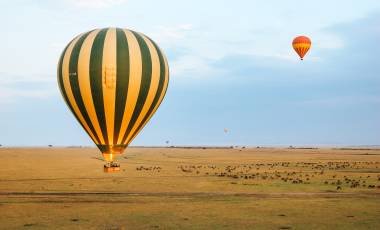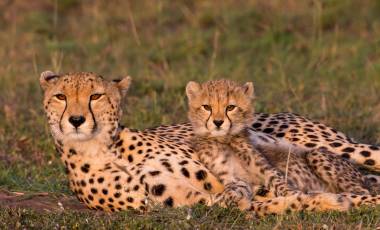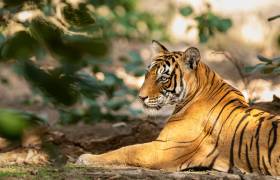In recognition of World Elephant Day on 12th August, we’d like to shine a spotlight on these incredible creatures. Elephants are highly sensitive and caring, but many may not know the pivotal role these species play in our planet’s biodiversity. Elephants are effectively our ecosystem engineers. Not only do they make pathways in forested habitats and the savanna that allow for wildlife passage, but their footprints can also create a micro-system, when filled with water, that helps to provide homes for tadpoles and other living organisms. This is why it’s so important that we do all we can to support the preservation and protection of the world’s elephants.
At Exodus, we aim to improve life through travel, for the people we meet, the places we visit and the planet we explore, and a big part of this is wildlife conservation. Read on to find out how our ‘Free to Roam’ Project in partnership with Tsavo Trust and Tofauti on the borders of Tsavo West National Park in Kenya is helping to make new pathways for elephants while empowering local communities.

The challenge: Rising numbers of human-wildlife conflict
Statistics from the World Wildlife Fund (WWF) show that African elephants have experienced significant declines over the last century. And sadly, two of the greatest threats to African elephants are poaching for the illegal ivory trade and human-wildlife conflict. Estimates have shown that the African elephant population has fallen from 12 million a century ago, to 400,000 today. Even in recent years, around 20,000 elephants have been killed in Africa each year for their tusks.
Research has shown that African forest elephants have been among the worst hit, with their populations declining by 62% between 2002-2011. They’ve also lost 30% of their geographical range, due largely to human development. In 2021 alone, over 1,693 elephants were driven out of small-scale farmlands in the Tsavo National Park area by humans. These devastating statistics show that something needs to change.
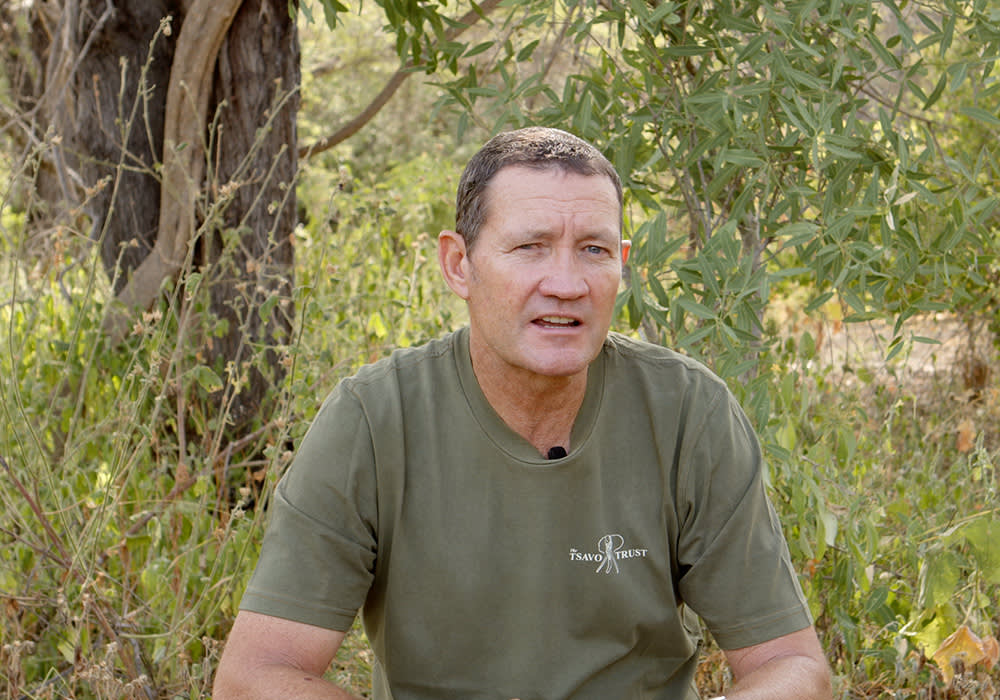
Richard Moller, CEO of Tsavo Trust, explains, “The one major challenge we can’t get away from is growing populations that are encroaching more and more into what was once a wildlife habitat. This brings a magnitude of different issues such as human-wildlife conflict and human-predator conflict – it’s happening every day.”
Human-elephant conflict can lead to loss of income, property damage, and in some extreme cases, even costs lives. These conflicts also have the knock-on effect of reducing community tolerance for conserving elephants. Addressing complex issues like human-wildlife conflict requires an approach that not only reduces the immediate negative impacts but also addresses the root cause by implementing an actionable long-term strategy that will help to drastically reduce human-wildlife conflicts in the future.
So, to help decrease the harmful human-wildlife conflicts and promote the harmonious co-existence between elephants and the community, Exodus is working in partnership with the Tsavo Trust and Tofauti Foundation to support the ‘Free to Roam’ Project. When asked about the project, Richard Moller commented, “You can’t work in conservation in isolation of the communities that border these protective areas, it’s an absolutely vital partnership that needs to be built upon.”
This project aims to provide members of the surrounding community with permaculture training which includes fencing off 10% of each individual’s land on the borders of the Kamungi conservancy, leaving 90% free for wildlife, like elephants, to roam. In doing this, it will not only create a secure buffer area for elephants and other native animals like dikdiks and impala, to explore, but it also helps to decrease human-wildlife conflict and improve the livelihoods of people in the community as they’re using this knowledge to increase their crop yields and farming methods. The project also aims, over time, to empower members of the Kamungi Conservancy and strengthen their capacity to bounce back from COVID-19, ensuring they are equitable stakeholders in wildlife conservation.
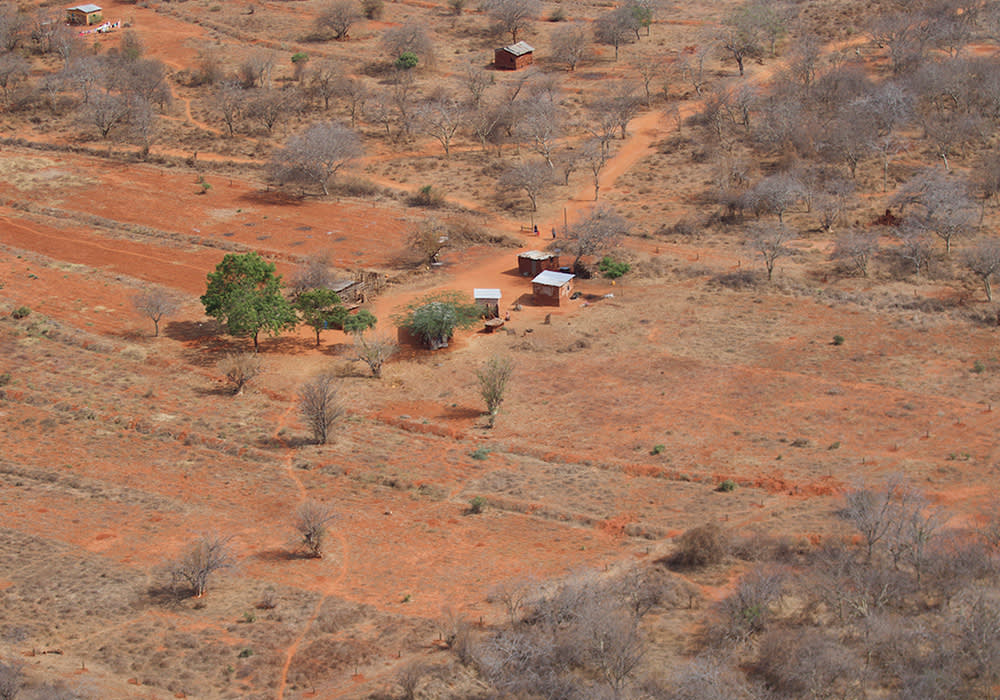
The Free to Roam Project: Offering real change for elephants and the Kamungi community
So far, the ‘Free to Roam’ Project has delivered permaculture training to 18 local people to provide a better understanding of soil, and water, and empower them to implement best practice agriculture. This included collecting soil samples to understand the nutritional value of the crops. They were then able to share their key learnings with family members and the wider community. Initial feedback has shown that the new skills they acquired improved their ability to manage natural waste for composting, diversify crops and develop better water preservation.
A socio-economic survey on the 10% fence plan, reported an average of 528% increase in crop yield following the implementation of the ‘Free to Roam’ Project. Furthermore, since the fences were finished, they’ve been 100% effective in protecting crops from elephants passing through. Another key benefit of the ‘Free to Roam’ Project is economic empowerment in the community with the paid construction of the fences, which brought much-needed revenue to marginalised households during uncertain times in the pandemic.
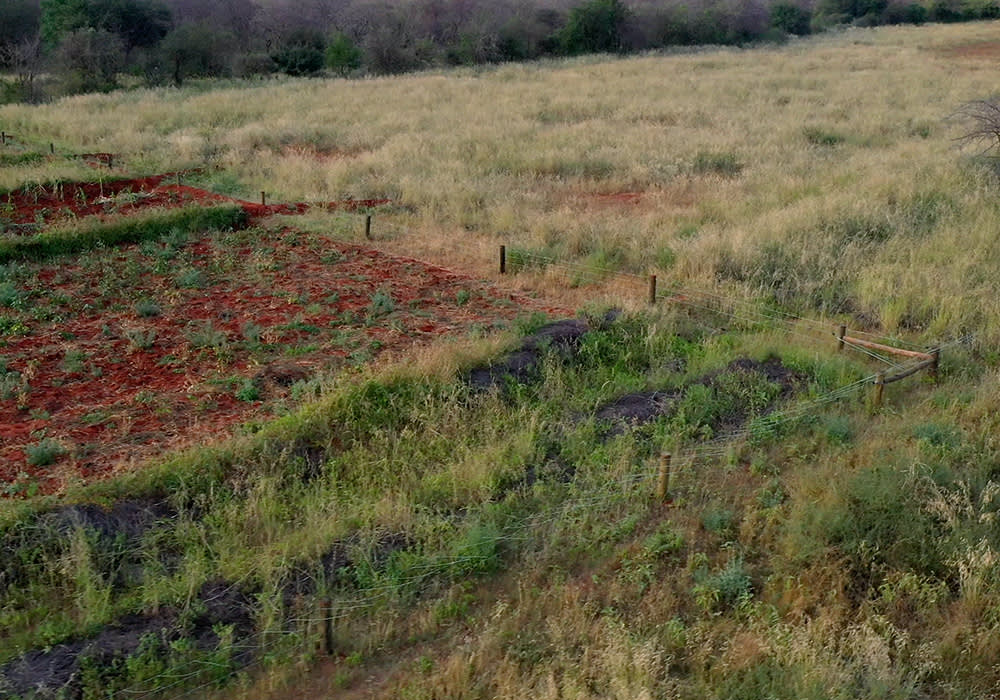
Success stories: Philip, Agnes and Kyalo
One of the local beneficiaries of the ‘Free to Roam’ Project, Philip Mutuvi Muli, told us that he reported an extreme incident to Tsavo Trust’s baseline socio-economic survey back in September 2021, where 100% of his crops, were ruined after a crop raiding by wildlife. Left devastated by continuous human-wildlife conflicts at his homestead, the hardworking subsistence farmer was struggling to get food on the table. However, thanks to the support of the Tsavo Trust, Philip was able to till his 9 acres of land during the short rains in December 2021 and plant maize, cowpeas and green grams. He also planted new vegetables like kale, Amaranthus, and spinach, following the Tsavo Trust’s one-week permaculture training.
Since the 10% Fence plan was completed, Philip has not reported one human-wildlife conflict. He also noted he had a very successful planting season, where he used his knowledge from the permaculture training sessions to harvest a number of new vegetables which were enough to feed their entire household.
Agnes Ndumi Mulei, mother of five, and member of the Kamungi Conservancy was forced to relocate to a new area due to land ownership issues after the passing of her husband. In her new home on her parent’s land, she estimated that over 70% of her produce was lost in the last season due to crop raiding by wildlife. The Kamungi Conservancy board put Agnes forward for consideration of the 10% Fence plan, which was approved and built in August 2021.
Thanks to the help of 50 volunteers in the Kamungi Conservancy, Agnes was able to relocate and move into a constructed house with a new farming area of 3 acres of fenced land. The remaining 90% of her farmstead (30 acres) now allows for local wildlife to roam free and livestock to graze, so they can live in harmony. She expressed her gratitude by explaining, “were it not for Tsavo Trust and the Kamungi Conservancy coming to my rescue, my life would have been meaningless. But now I am very happy as the project has relocated me to my land where I will live peacefully without the previous family land issues, loss of crops and property. Now my life will be secure.”
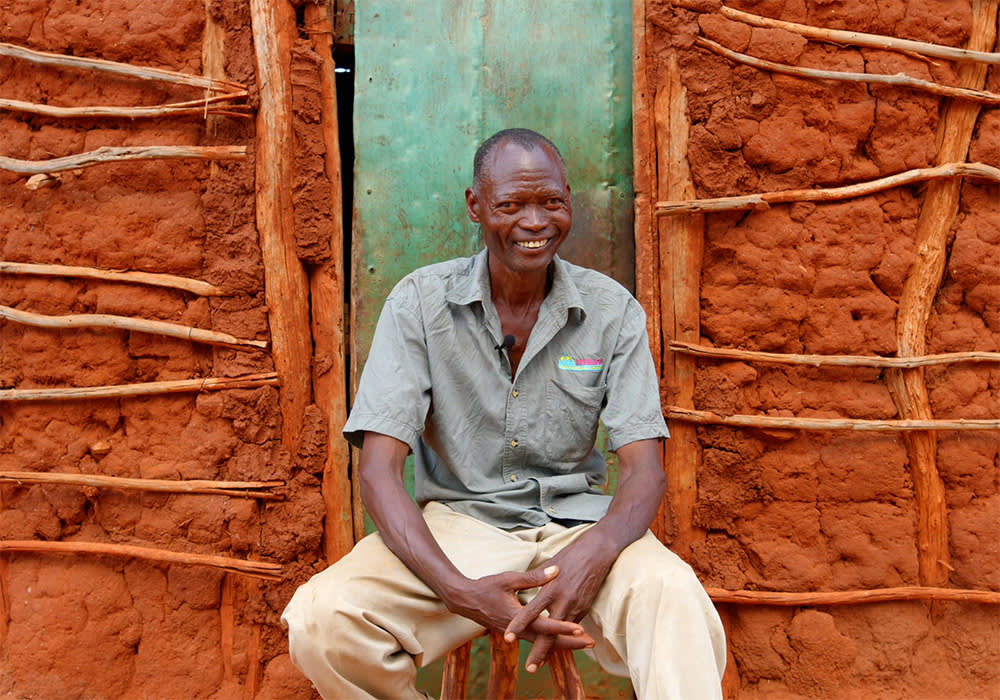
Another local farmer and carpenter, Kyalo Ndeto, told us, “I used to hate wildlife in the past, they destroyed my crops and killed my livestock.” He continued, “The elephant was one of the most problematic animals. I couldn’t harvest anything, I had to buy food all year round, which was a huge cost.” Sadly, Kyalo, like many others in the community, had to resort to natural extraction, like felling trees for charcoal, just to make enough money to feed his children. He said, “I knew these activities were illegal, but I had no other alternative to provide for my family.”
However, things swiftly changed when the ‘Free to Roam’ Project was established, Kyalo explained, “Before the fence, I had given up farming. I only cultivated a small portion of my farm, because the bigger area I planted the bigger loss I suffered. But now, I’m able to harvest 100% of what I harvested.” He smiled and said, “I now see the benefits coming from the same (crop-raiding) wildlife, because the fence, to which I am a beneficiary, was actually made possible by the support from wildlife conservation.”
Research collected from the Tsavo Trust’s socio-economic survey after the construction of the fences showed that there was a ripple effect of positive change in the community’s perception of wildlife and conservation in the area. This significant shift in people’s attitudes on the borders of Tsavo West National Park will hopefully empower others in the surrounding communities to support wildlife conservation and nature regeneration.
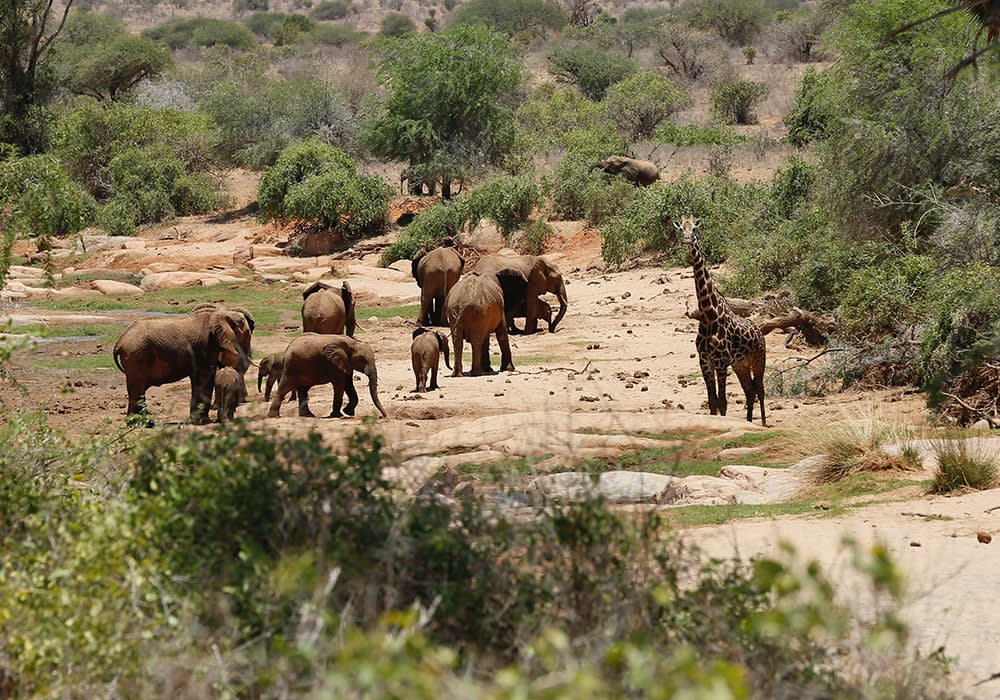
Looking forward to the future
Through our Nature First commitment, Exodus aim to support nature restoration initiatives, like the ‘Free to Roam’ Project, that aligns with our goal, so we can do our part to effectively boost biodiversity regeneration and wildlife conservation in the areas we visit.
Exodus is supporting Tsavo Trust and Tofauti with the construction of two additional fences in the Kamungi Conservancy, which will benefit approximately 20 members of the community, so watch this space!
The fences that were built will also require continuous monitoring and upkeep by community members ensure that human-wildlife conflicts are avoided and that food security is maintained to improve the overall livelihoods in the Kamungi Conservancy.
This is where you can help – if you would like to get involved and show your support, your kind donations to the ‘Free to Roam’ Project through the Exodus Adventure Travels Foundation will allow elephants and other wildlife in Tsavo West National Park to roam freely, while also empowering local communities to grow better crops through the means of elephant conservation.
Find out more about our Free to Roam Project, or if you’d like to see our other rewilding and wildlife conservation projects we are involved in, click here.

